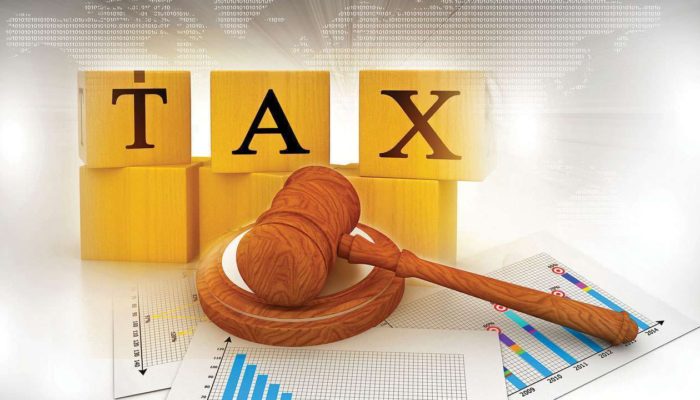So far, there have been many questions from entrepreneurs who have just started their business, who have questioned the difference between a PT and a CV.
PT stands for Limited Liability Company which is formed as a legal entity as stated in Law Number 40 of 2007 concerning Limited Liability Companies, while CV stands for Commanditaire Venootschap or limited liability company, which is a company that is not a legal entity because there are no regulations governing it.
Here are the most obvious differences between PT and CV:
- Accountability
The liability of PT is delegated to the Board of Directors, while the liability of shareholders is only limited to the amount of capital invested, as stated in Article 3 paragraph 1 of Law Number 40 of 2007 concerning Limited Liability Companies. While the responsibility for the CV is delegated to the Complementary Partners who are fully responsible severally and severally up to personal assets. - Management
PT is managed by the Board of Directors who is fully responsible for the management of PT for the interests and objectives of the company and represents the company both inside and outside the court in accordance with the articles of the association while CV is managed by a complementary partner who is fully responsible for managing CV. - Organization
The PT organization is more structured while the CV is only managed by the Complementary Partner. - Company Organ
PT has a clear corporate organ, namely the GMS, the Board of Directors, and the Commissioner, while the CV only has a complementary partner. - Capital
In Law Number 40 of 2007, the capital for the establishment of a PT is set at Rp 50 million, unless otherwise stipulated by the law or regulations governing the implementation of such business activities in Indonesia. Of the minimum capital, as much as 25 percent of the total initial capital must be issued and fully paid up. As for CV, there is no capital limit in its establishment.
Thus, above are some of the differences between PT and CV, in the author’s opinion, if you are going to establish a company, it is better to have a PT with the consideration that the PT has a legal entity, the capital consists of shares, limited liability and has a structured organization.


